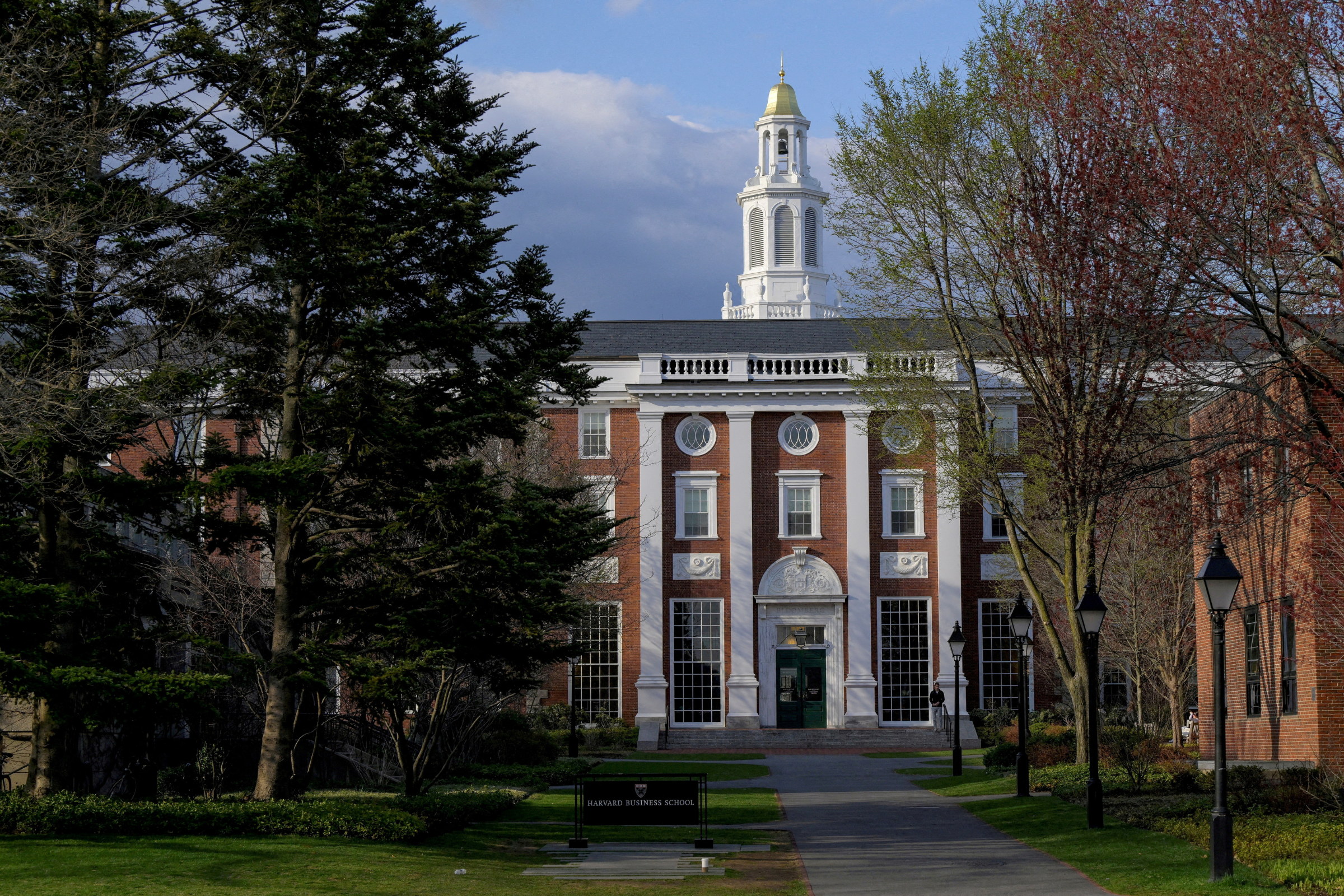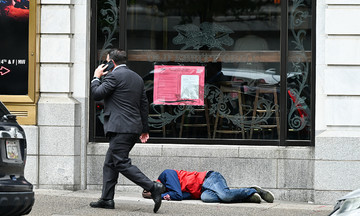During a hearing at the federal court in Boston on 21/7, Harvard university's lawyer, Steven Lehotsky, criticized the Trump administration's April decision to freeze over $2 billion in research funding as an "attempt to control internal operations" and a "blatant violation of the Constitution".
"The administration did not consider the patients, the community, and the damage from this complete cut to research funding," Lehotsky said, noting Harvard's 8-decade research partnership with the government.
Harvard's lawyer argued there is no evidence that the funding cut, applied across all fields from medicine to defense, aerospace, and AI, would have any impact on antisemitism at the university.
"The funding cut will severely affect long-term research projects and laboratories, and ruin the careers of many people," Lehotsky said.
Harvard also stated it is taking substantial steps to address the root causes of antisemitism, including updating regulations regarding the use of campus space for demonstrations, reviewing disciplinary procedures, and expanding antisemitism training programs.
 |
Harvard Business School in Massachusetts, USA on 15/4. Photo: Reuters |
Harvard Business School in Massachusetts, USA on 15/4. Photo: Reuters
The government's lawyer, Michael Velchik, argued that the decision to freeze over $2 billion in research funding for Harvard university was "justified and necessary" to prevent antisemitism.
"Harvard wants billions of dollars and that's the only reason we are here. Harvard prioritizes protestors on campus over cancer research," Velchik said, referring to the wave of anti-Israel, pro-Palestine demonstrations at the university. "US policy under Trump is not to fund educational institutions that do not adequately address antisemitism."
Velchik, a Harvard alumnus, said the university "should have carefully read the terms, which state that the government can decide whether to allocate funds to universities that don't align with federal priorities," referring to Trump's executive order in January.
After hearing arguments from both sides, Judge Allison Burroughs questioned how the government determined the university "had not fully implemented measures against antisemitism." She noted the Trump administration's lawyers "did not provide documentation or procedures" to verify these claims.
Burroughs declined to issue an immediate ruling after the nearly three-hour hearing. Harvard's representatives requested a ruling before 3/9, the deadline set by the Trump administration for the university to fulfill its financial obligations related to federal grants.
In a Truth Social post, President Trump criticized Judge Burroughs for bias.
Any ruling in this case is likely to be appealed and could reach the US Supreme Court. Trump predicted Burroughs would rule against the government. He declared he would "immediately appeal and will win."
Duc Trung (CNN, BBC, AP)












